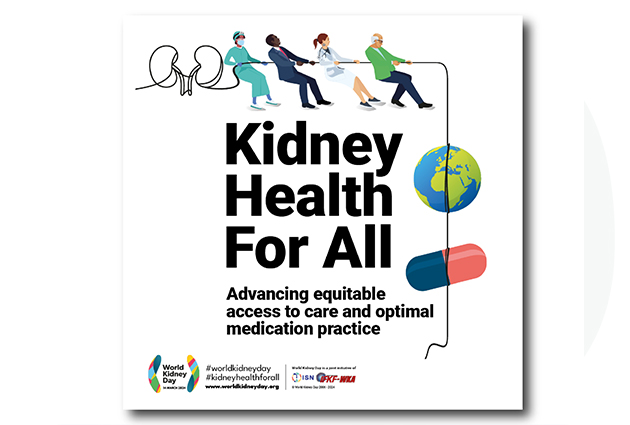Structured Delivery of Cognitive Behavioural Therapy and Targeted Symptom Management Can Improve Fatigue, Pain and Depression Among Those on Dialysis
Daniel O’Hara, the ISN-ACT Global Trials Focus coordinator, summarizes the design and outcomes of one of the team’s latest trial selections.
Read all the latest global trial selections from the ISN-ACT initiative here. The “trial of the month” is available in several languages.
Effects of Technology-assisted Stepped Collaborative Care Intervention to Improve Symptoms in Patients Undergoing Hemodialysis: The Tāccare Randomized Clinical Trial
Summary:
The study recruited 160 individuals on long-term hemodialysis with significant pain (≥4/10 on a Likert scale), fatigue (≥4 on a Likert scale), or depression (≥10/27 on the Patient Health Questionnaire-9) to receive an attention control program of six telehealth sessions delivering health education, or an intervention program of cognitive behavioral therapy with a trained therapist via telehealth each week for 12 weeks, and/or pharmacological management. There were no pharmacotherapies for fatigue.
The intervention group demonstrated greater improvements in pain severity at three months compared to the control group (mean difference -0.96 on a scale of 0-10 compared to baseline, with higher numbers indicating worse pain; 95%CI −1.70 to −0.23, p=0.02) as well as better fatigue (mean difference +2.81 from baseline on a scale from 0-52, with higher numbers indicating less fatigue; 95%CI 0.86 to 4.75; p=0.01). These benefits were sustained at six months.
There was a lesser reduction in depression score at three months (mean difference −1.73 on a scale from 0-63, with higher numbers indicating worse depression; 95%CI −3.18 to −0.28, p=0.02).
Comment:
Pain, fatigue and depression are common and debilitating symptoms among those receiving dialysis. Given the potential complexity of these symptoms, a combination of cognitive therapy and medications may give the greatest chance of improvement. While this study did not establish the relative contribution of these individual components to the improvements in symptom burden, the combination appears effective.
Key strengths of the study include that the intervention group showed high adherence, supporting the program’s feasibility, and the comparator was an attention control group rather than standard care, which helps to reduce bias.
Comparing the results of different trials in symptom management remains limited by the variation in symptom scoring systems and intervention protocols. Nonetheless, this trial adds to the growing body of evidence in favor of dedicated symptom management approaches.










